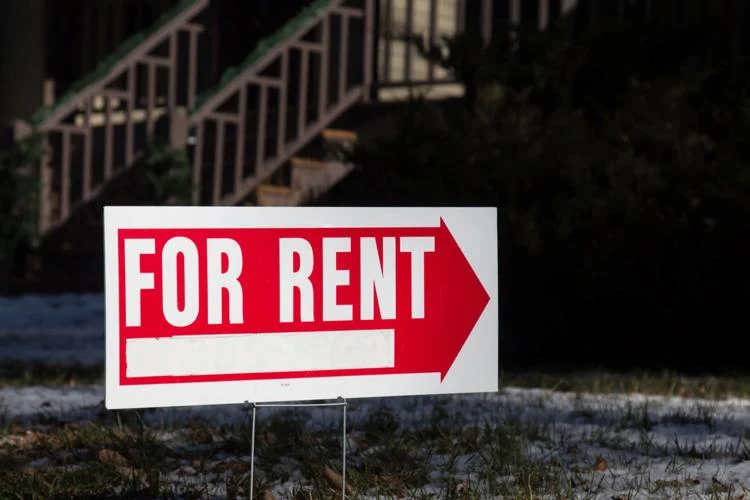The cost of housing is rising across the nation, and Florida is no exception. As a tenant in Florida, it’s essential to understand your rights when faced with a rent increase. While Florida has relatively landlord-friendly laws regarding this issue, there are certain limitations in place to protect tenants from unreasonable hikes.
The Absence of Rent Control in Florida
Florida does not have statewide rent control laws. Rent control is a form of government regulation that places limits on how much landlords can increase rent within a specific time frame. This means that, in most cases, Florida landlords are free to raise rent as they see fit.
When Can a Landlord Increase Rent?
There are two main scenarios when a Florida landlord can increase your rent:
- Lease Expiration: When your fixed-term lease (usually a year-long) expires, your landlord is within their right to propose a new lease agreement with an increased rent amount.
- Month-to-Month Tenancies: If you are on a month-to-month tenancy agreement, your landlord can generally increase your rent with proper notice (detailed below).
Required Notice Periods
Florida law requires landlords to provide tenants with written notice before increasing rent. The required notice period depends on the length of your tenancy:
- Year-to-Year Leases: At least 60 days’ notice prior to the lease expiration.
- Month-to-Month Leases: At least 15 days’ notice.
- Week-to-Week Leases: At least 7 days’ notice.
Illegal Reasons for Rent Increases
Even with Florida’s flexible rent regulations, landlords cannot increase rent for discriminatory or retaliatory reasons. These include:
- Discrimination: Your landlord cannot raise your rent due to factors such as race, religion, sex, national origin, familial status, disability, or sexual orientation.
- Retaliation: Landlords are prohibited from raising rent in retaliation for actions such as reporting health and safety violations, requesting repairs, or exercising other tenant rights.
Potential Rent Increase Limitations
While there are no statewide rent control laws, it’s important to be aware of the following:
- Local Ordinances: Some cities or counties in Florida may have local ordinances that temporarily limit rent increases under specific circumstances, such as a declared state of emergency. Be sure to research the rules in your specific area.
- Proposed Legislation: House Bill 31, filed in the 2023 Florida legislative session, proposes to limit rent increases for existing tenants to no more than 30% over a 12-month period. However, this bill is currently under consideration, and it’s uncertain whether it will pass.
How to Handle a Rent Increase
If you receive a rent increase notice, here are some steps you can take:
- Negotiating with Your Landlord: If you believe the rent increase is unreasonable, try negotiating with your landlord. A good rental history and offering to sign a longer lease might give you some leverage.
- Seeking Assistance Programs: Explore local or state housing assistance programs. These might offer resources to help manage rising rent costs.
Final Thoughts
Florida’s rental market can be challenging for tenants, especially with the potential for substantial rent increases. Staying informed of your rights, being aware of local regulations, and potentially having to seek out financial assistance can help manage the rising costs of housing.
Sources:
- Florida Statutes, Title VI, Chapter 83 (Landlord and Tenant): http://www.leg.state.fl.us/statutes/index.cfm?App_mode=Display_Statute&URL=0000-0099/0083/0083ContentsIndex.html
- Steadily – How Much Can a Landlord Raise Rent in Florida: https://www.steadily.com/blog/how-much-can-a-landlord-raise-rent-in-florida



